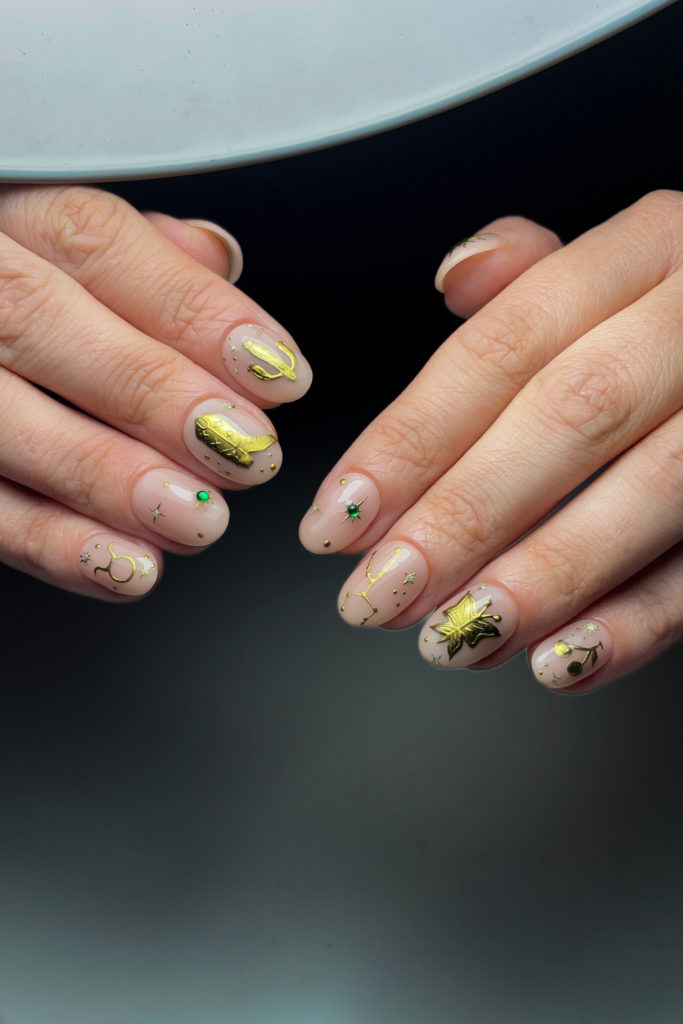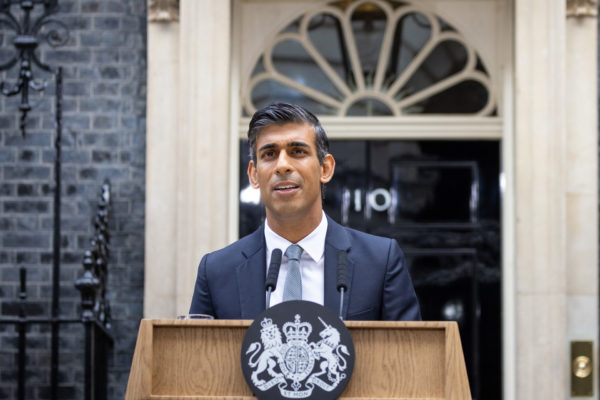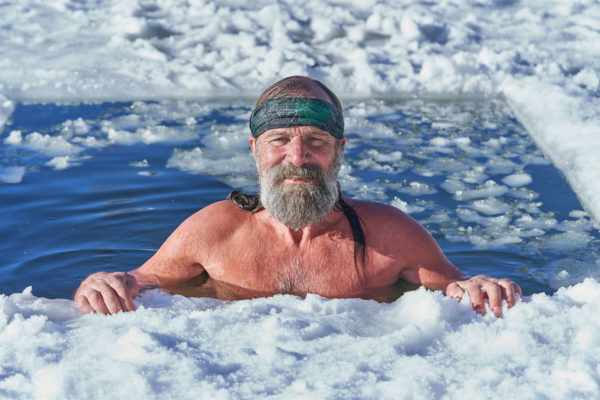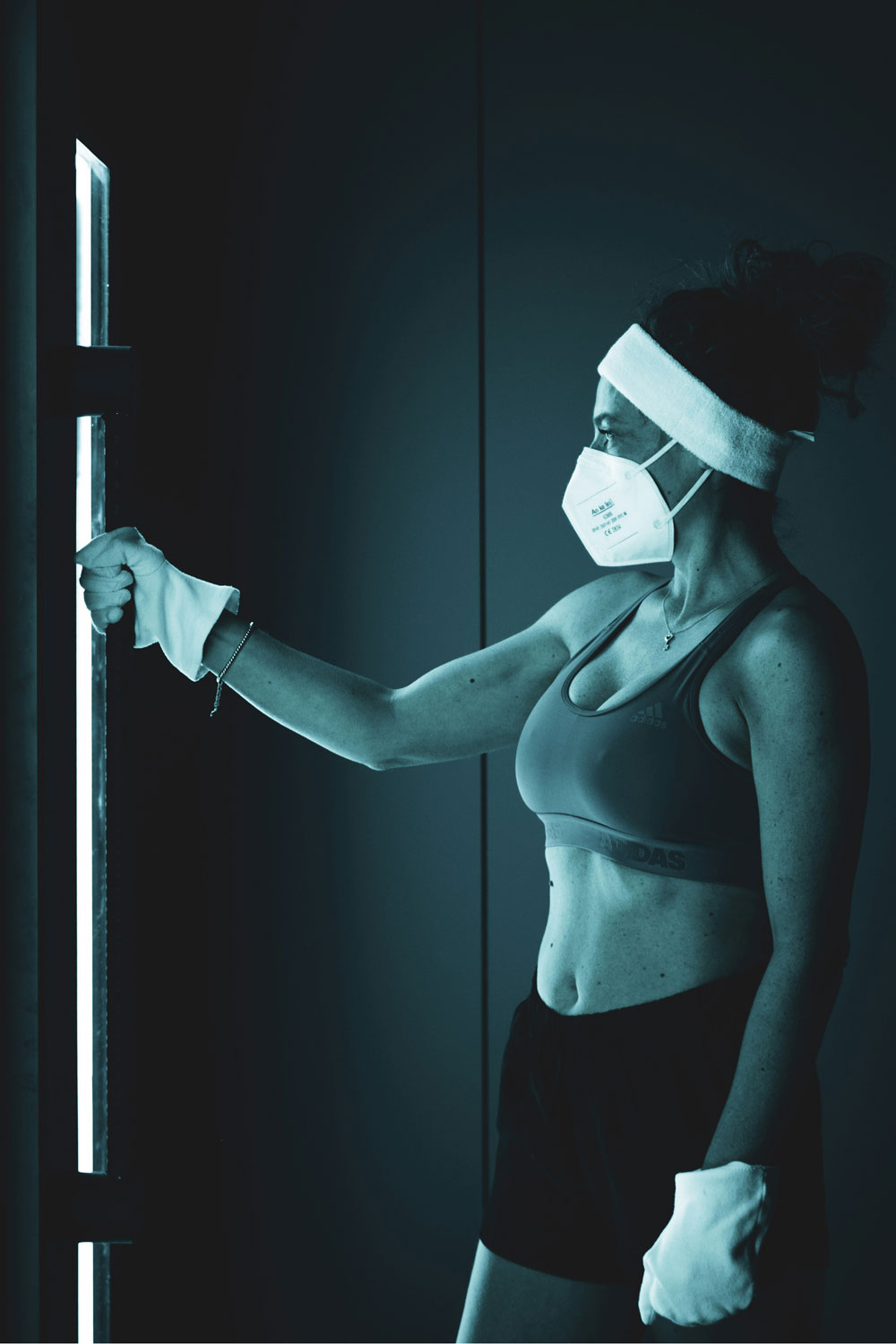
What Is Biohacking – And Can It Help Us Live Longer?
By
10 months ago
You may already be hacking your health
Can we really hack our biology? This is the question at the heart of the wellness world right now, as the hype around biohacking continues to grow. One of the biggest buzzwords of the moment, it’s popping up everywhere from spa menus to supplements, and the term is currently a breakout topic on Google Trends, meaning searches are up more than 5,000 percent in the past 30 days. But what does it actually mean? And should we all be dipping our toe in? Here’s everything you need to know.
What Is Biohacking?
You may have come across biohacking through one of its more extreme advocates, such as tech millionaire Bryan Johnson: the man on a quest to live forever. His notoriously extreme regime involves waking up at 4.30am, eating his last meal by 11am, cutting out alcohol entirely, and consuming more than 100 pills daily. Johnson has spent the past few years fine-tuning his project, Blueprint, a system of behaviours which he argues will reverse the ageing process.
However, the other end of the biohacking scale is far more approachable. Also known as ‘do-it-yourself biology’, biohacking is a broad term used to describe the practice of altering the body’s ability to function at peak performance. Devotees view it as a way to ‘hack’ their health, making lifestyle changes spanning diet, medicine, psychology, fitness and more in order to function better – and ultimate extend the longevity of their lives. While it might sound high-tech, some forms of biohacking can actually be very simple: practices could be as simple as cutting your intake of processed foods, or getting natural light in the mornings.
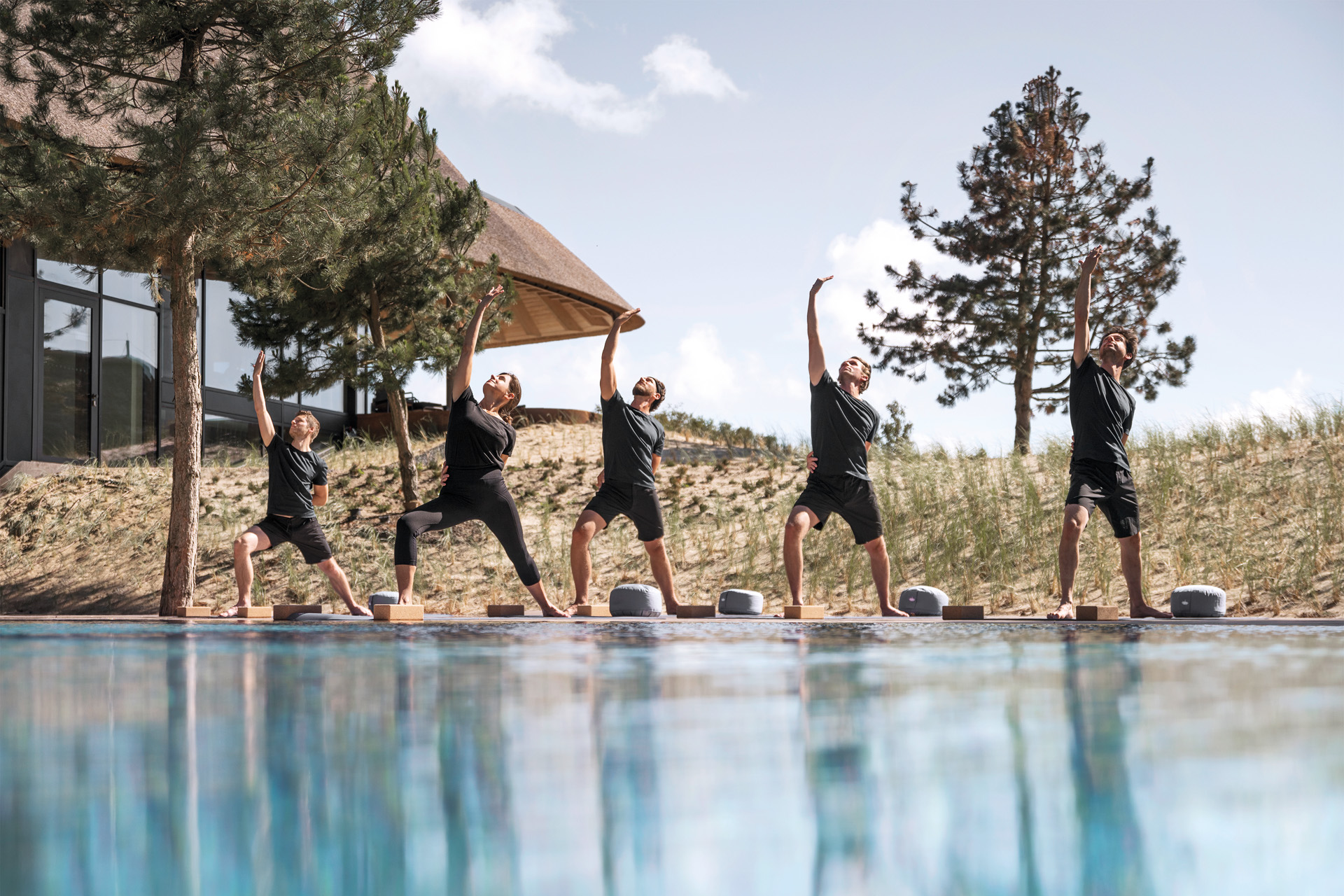
Lanserhof Sylt
Longevity is also a key theme in the world’s top spas and retreat centres, which are using the principles of biohacking to create personalised wellness treatments. Lanserhof, for instance, is a pioneering institution focused on health regeneration, with three medical spas alongside a private wellness clinic in London. Here, biohacking comes in forms such as intravenous laser therapy, cryotherapy and fasting.
‘Biohacking is the health trend of the moment,’ says Dr Jan Stritzke, Medical Director at Lanserhof Sylt. ‘Biohacking makes it possible to better understand the body’s reactions thanks to new measuring methods and sensors. This knowledge is an integral part of the effort to prolong a healthy life span as much as possible. Biohacking thus allows the creation of a highly personalised longevity treatment.’
While Johnson’s methods are controversial and unregulated, there are some scientifically-backed biohacking practices that can be easily implemented for most people, and could help extend your lifespan.
Examples Of Biohacking
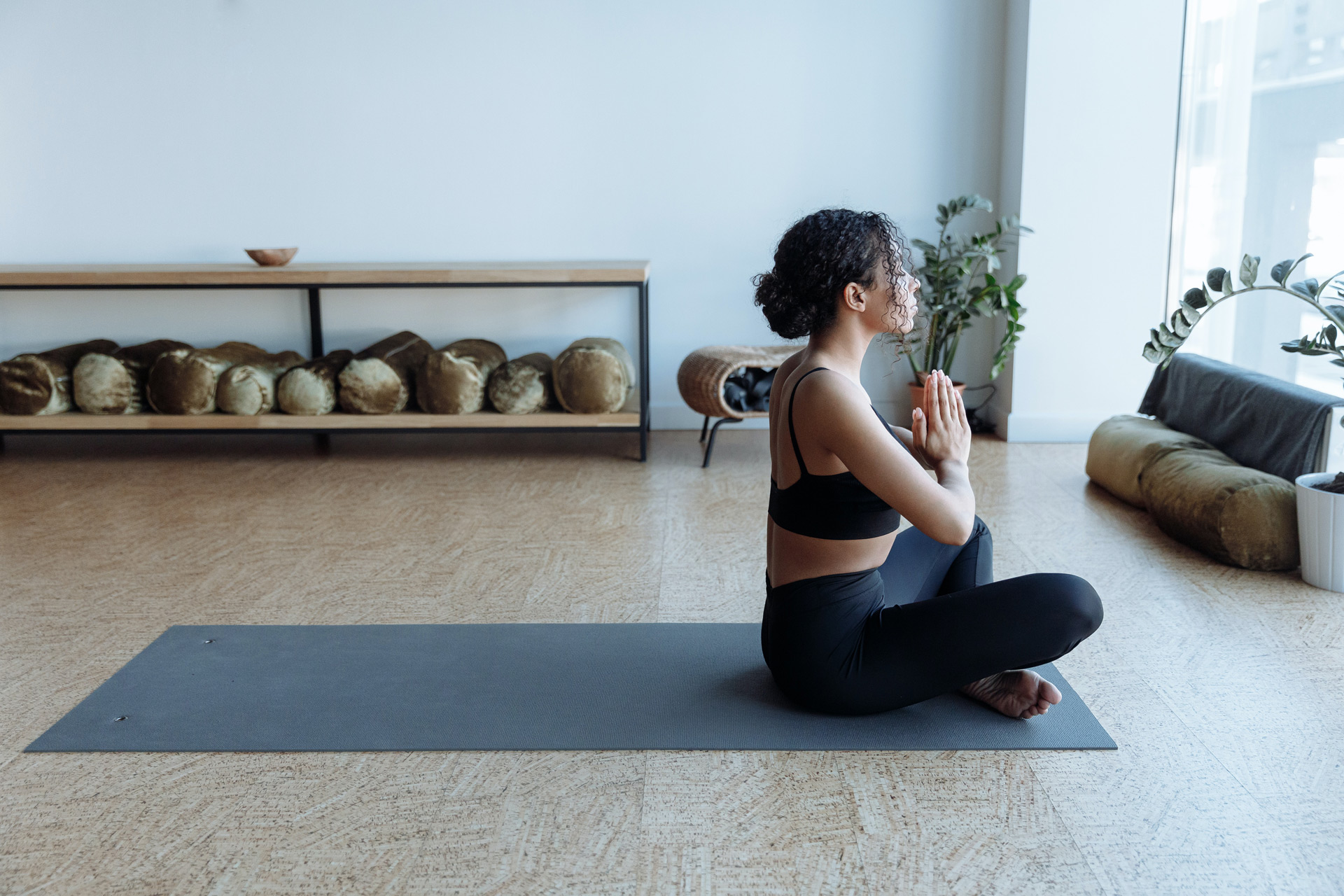
Meditation
Meditation is one of the oldest wellness tricks in the book, believed to have originated in India thousands of years ago. But did you know it counts as biohacking? That’s because studies have shown quieting the brain can help us live longer. ‘Regular meditation is health-promoting – both on a mental and physical level,’ explains the Lanserhof team. ‘It has been proven to reduce stress symptoms, decrease blood pressure, and increase mental and physical wellbeing.’
They add: ‘Meditation has even been proven to affect the brain, improving concentration and emotional resilience. Additionally, some studies have suggested that it will slow down a person’s ageing process – at least on a cellular level. This is due to stress affecting a person’s cells and weakening them, effectively causing them to age faster.’
Diet
We all know diet plays a crucial role in our overall health, which means what we choose to put on our plate also affects our longevity. There’s evidence to suggest following the Mediterranean diet, for instance – which involves consuming plenty of fruits, vegetables, whole grains, nuts and seeds – could help us live longer.
This 2015 study from Harvard specifically linked the Mediterranean diet to longevity, and more recently researchers found it could be particularly useful for women. Published in the JAMA Network Open, the study followed more than 25,000 women for 25 years, finding those who closely followed the Mediterranean diet lived much longer than those who did not.
Cryotherapy
Also known as cold therapy, cryotherapy is a form of treatment which involves using freezing temperatures for therapeutic effect. According to Lanserhof, it can help with ‘illnesses such as rheumatism, arthrosis, sports injuries, chronic pain conditions, psoriasis and neurodermatitis as well as burnout syndrome, depression, and sleep disorders’.
Cryotherapy chambers are common in spas and wellness centres nowadays, but you can also reap some of the benefits from a cold plunge or an ice bath. A 2016 study published in Medicine, for instance, found cold water therapy may aid muscle recovery, while research from 2023 indicated swimming in cold water has immediate effects on mood.
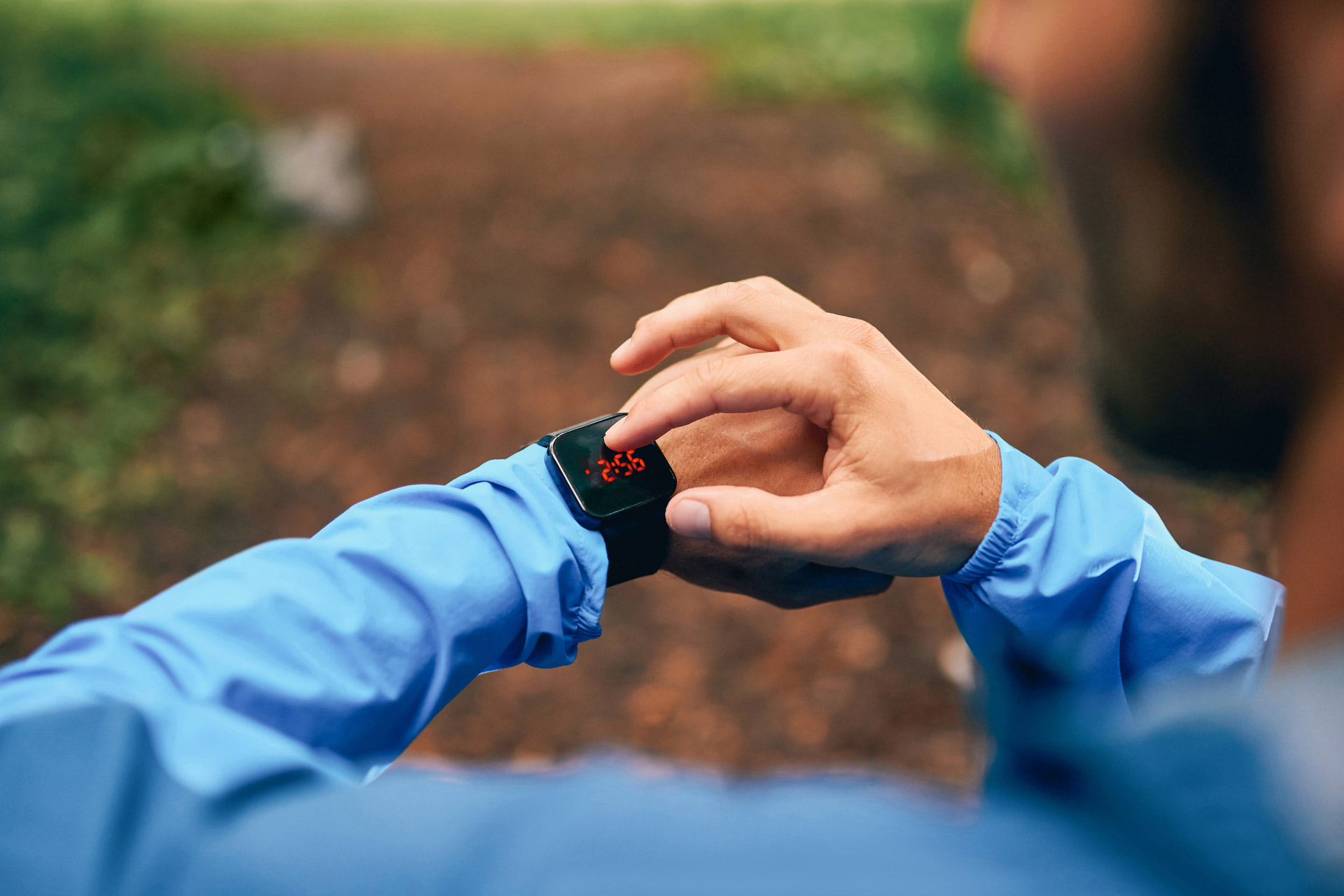
Wearable Tech
Addicted to your Garmin stats? You’re already a biohacker! Wearable fitness trackers are a great way to get the numbers on your health – from resting heart rate to VO2 max and sleep quality – and see how lifestyle changes directly affect your metrics.
Fasting
When done correctly, fasting has been linked with health benefits including improved blood sugar control and cholesterol levels. ‘Fasting has proven to be a kind of “miracle cure” with many positive effects on health,’ says Professor Dr. Andreas Michalsen, an expert in naturopathy and nutritional medicine, and a scientific advisor to the Lanserhof Clinics. ‘The evolutionary adaptation of our bodies plays a crucial role here. Over millions of years, food scarcity has been a common challenge in human history. Therefore, our bodies are adapted to cope with periods of abundance and scarcity. The modern concept of constant eating does not align with our biological predisposition and can lead to health problems.’
The fasting-mimicking diet hit the headlines recently after a new study led by the University of South California Leonard Davis School of Gerontology found it may reduce our biological age. ‘This study shows for the first time evidence for biological age reduction from two different clinical trials, accompanied by evidence of rejuvenation of metabolic and immune function,’ said Professor Longo, senior author of the study.
It’s important to note that fasting isn’t for everyone. As nutritionist Kim Pearson says: ‘there are potential contraindications with medical conditions such as diabetes and heart conditions. If you have a health condition or are taking medications you should always check with your doctor before undertaking a FMD. Fasting for long periods of time carries the risk of low blood sugar and fainting. It’s not uncommon for individuals to experience side effects such as headaches. FMDs cannot be done by individuals who are allergic to the ingredients in the programme which include nuts and soya. I would not recommend FMDs to anyone with eating disorders.’




